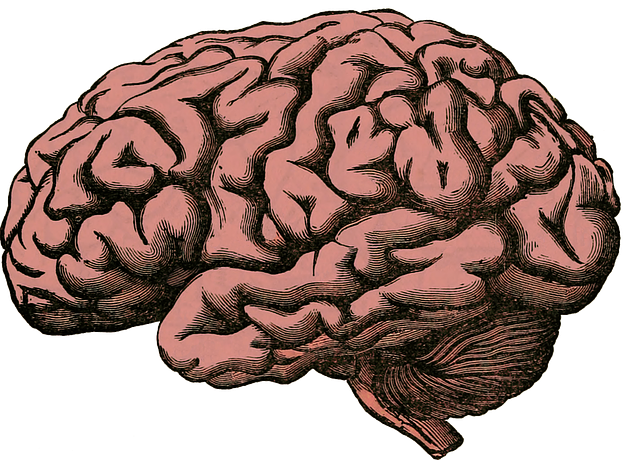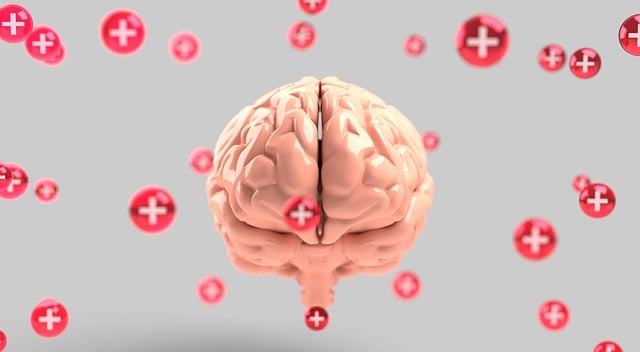Arvada Mental Health Evaluations are comprehensive assessments that enable coaches to provide effective therapy, fostering self-awareness and empowering clients through tailored coaching sessions. Integrating these evaluations with evidence-based therapeutic techniques, such as stress management, emotional regulation, and mindfulness meditation, creates personalized mental wellness programs. Coaches collaborate with experts from Arvada Mental Health to identify individual needs, offering targeted support for anxiety relief, crisis intervention, and trauma services. Regular robust evaluations measure success, aligning therapy with individual requirements and promoting positive outcomes through resilience building.
Mental wellness coaching programs are gaining prominence as effective tools for personal growth and recovery. This article explores the development of such programs, highlighting the crucial role of Arvada Mental Health Evaluations as a foundational step. We delve into therapy techniques tailored for personalized coaching, emphasizing comprehensive program design that seamlessly integrates evaluation and treatment. Additionally, we examine the coach’s role in supporting clients’ journeys towards mental wellness and provide insights on measuring program success using assessment tools.
- Understanding Arvada Mental Health Evaluations: A Foundation for Coaching
- Therapy Techniques for Personalized Mental Wellness Coaching
- Designing Comprehensive Programs: Integrating Evaluation and Therapy
- The Role of Coaches in Supporting Clients' Journey to Recovery
- Measuring Success: Assessment Tools for Effective Program Development
Understanding Arvada Mental Health Evaluations: A Foundation for Coaching

Mental wellness coaching programs often begin with a comprehensive understanding of an individual’s current state of mental health, and this is where Arvada Mental Health Evaluations play a pivotal role. These evaluations serve as a foundational tool for coaches to tailor their support effectively. Through a series of assessments, individuals gain valuable insights into their emotional well-being, thought patterns, and potential areas of concern. This process encourages self-awareness, enabling people to recognize both their strengths and challenges in managing stress and coping with life’s demands.
By utilizing Arvada Mental Health Evaluations, coaches can identify specific areas that require intervention, whether it’s guiding clients through crisis intervention techniques or implementing evidence-based stress reduction methods. These evaluations provide a structured framework for the coaching journey, ensuring that every session is purposeful and aligned with the client’s unique mental health needs. Self-awareness exercises, as part of this evaluation process, empower individuals to take charge of their emotional well-being and make informed decisions towards positive change.
Therapy Techniques for Personalized Mental Wellness Coaching

In developing mental wellness coaching programs, incorporating effective therapy techniques is paramount for personalized approaches. Arvada Mental Health Evaluations play a crucial role in understanding an individual’s unique needs and tailoring support accordingly. Through comprehensive assessments, coaches can identify specific areas of focus, whether it’s managing stress, improving emotional regulation, or cultivating mindfulness meditation practices. This data-driven approach ensures that coaching sessions are not one-size-fits-all but rather customized to address the client’s specific mental health challenges.
One such technique gaining traction is empathy building strategies. By fostering a deep understanding and connection between coach and client, these strategies create a safe space for vulnerable conversations. This empathetic environment encourages clients to explore their emotions, thoughts, and behaviors openly, facilitating personal growth and self-acceptance. Coupled with evidence-based practices, such as cognitive-behavioral techniques or mindfulness exercises, mental wellness coaching can be a powerful tool in empowering individuals to take control of their emotional well-being.
Designing Comprehensive Programs: Integrating Evaluation and Therapy

When developing comprehensive mental wellness coaching programs, integrating evaluation and therapy is paramount. This involves a meticulous process where professional coaches collaborate with experts in Arvada Mental Health to assess individuals’ psychological states and identify specific areas of need. By combining thorough evaluations with evidence-based therapeutic techniques, these programs can tailor interventions for effective stress management, emotional intelligence development, and anxiety relief.
Through this integrated approach, coaches can deliver personalized support that addresses both the root causes of mental health issues and the day-to-day challenges individuals face. This holistic strategy not only enhances the program’s effectiveness but also fosters sustainable well-being by empowering participants with coping mechanisms and resilience to navigate life’s complexities.
The Role of Coaches in Supporting Clients' Journey to Recovery

In the realm of mental wellness coaching, professionals play a pivotal role in guiding clients on their journey to recovery and improved well-being. These coaches are not just facilitators; they are supportive partners who help individuals navigate through complex emotions, challenging experiences, and often, traumatic pasts. Through tailored strategies, they foster an environment conducive to healing, enabling clients to develop resilience and coping mechanisms for life’s hurdles.
The process begins with a thorough understanding of each client’s unique story, incorporating Arvada Mental Health Evaluations to assess needs. This foundation allows coaches to offer targeted support, whether it’s assisting in managing Anxiety Relief, providing Crisis Intervention Guidance, or helping clients overcome the impact of Trauma Support Services. By combining empathy, expertise, and evidence-based techniques, these coaches empower their charges, ultimately contributing significantly to their long-term mental health and wellness.
Measuring Success: Assessment Tools for Effective Program Development

Measuring success is a pivotal aspect of developing effective mental wellness coaching programs. It involves utilizing robust assessment tools to track client progress and gauge the impact of interventions. These evaluations are crucial for ensuring that Arvada Mental Health therapy sessions align with individual needs, fostering meaningful growth. By employing comprehensive assessments, coaches can tailor their strategies, incorporating Mind Over Matter principles to enhance resilience building among participants.
Risk Assessment for Mental Health Professionals plays a significant role in this process. Identifying potential risks and vulnerabilities allows for proactive interventions, ensuring client safety and well-being. Regular evaluations throughout the program help track changes in mental health status, enabling coaches to adapt their approaches accordingly. This continuous assessment is vital for refining programs, promoting positive outcomes, and fostering a supportive environment that nurtures clients’ journey towards improved mental wellness.
Arvada Mental Health Evaluations serve as a robust foundation for effective mental wellness coaching programs. By integrating evaluation with tailored therapy techniques, coaches can design comprehensive programs that support clients on their journey to recovery. Coaches play a vital role in fostering personalized care, while assessment tools enable measuring success and continuous program improvement. Incorporating these elements ensures that mental wellness coaching remains a dynamic and impactful approach, enhancing the overall well-being of those seeking support.














